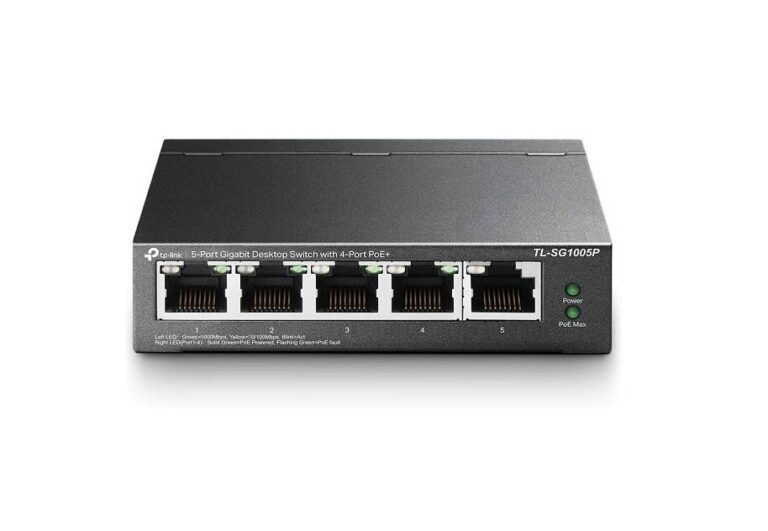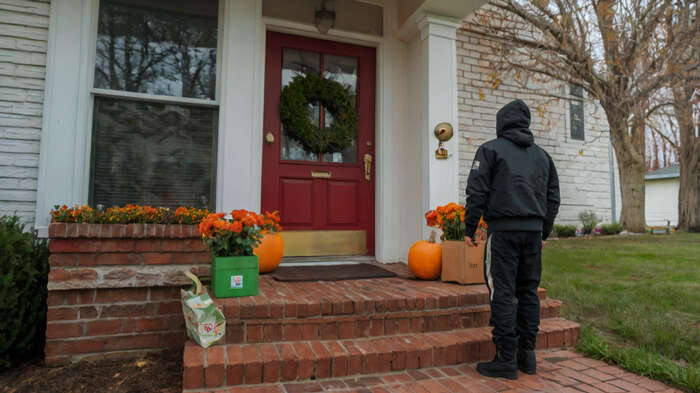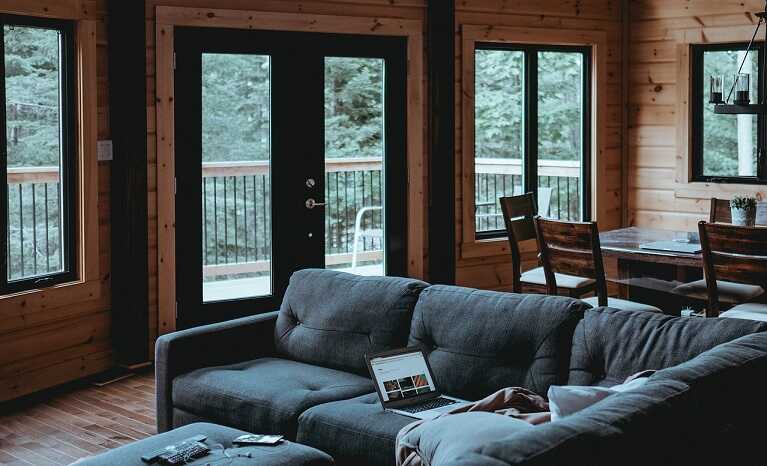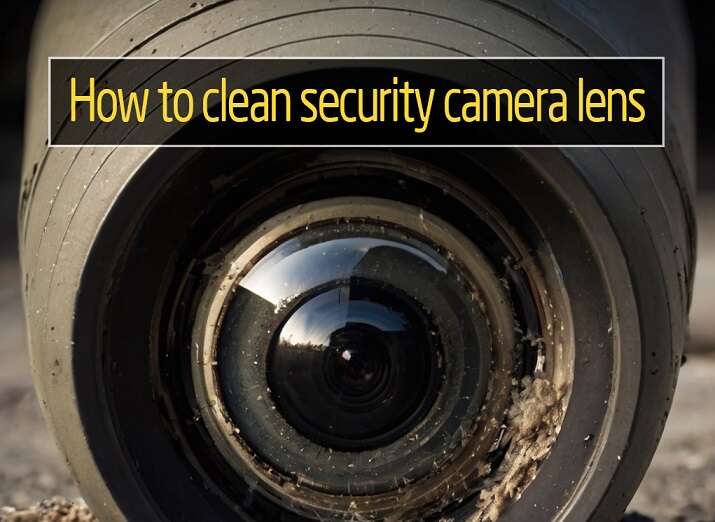Are Smart Locks as Secure as Standard Locks?
For centuries, the trusty key has been the gatekeeper to our homes. But in the age of smartphones and smart homes, a new contender has entered the ring: the smart lock. These tech-savvy door guardians promise convenience and control, but are they as secure as their old-fashioned counterparts? Let’s unlock the debate on smart lock security!
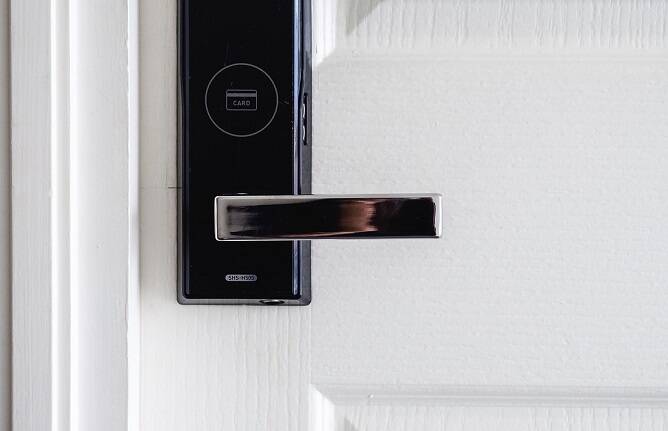
Standard Locks
Standard locks, with their deadbolts and keyholes, have withstood the test of time. A well-made deadbolt is a formidable physical barrier, and picking one requires skill and time – not exactly ideal for a grab-and-go burglar. Plus, there’s a certain simplicity to a key. No batteries to die, no apps to glitch, just a satisfying click as you turn the knob and enter your haven.
However, standard locks have their weaknesses. Lost keys happen, creating a security vulnerability. Spare keys hidden under the doormat are a cliché for a reason – they’re easily found. Additionally, standard locks offer limited access control. If you want to grant someone temporary entry, you need to physically hand them a key.
According to Mordor Intelligence, smart lock adoption is rising in the US (CTA) with a projected market growth of 11.2%. This highlights the need for security awareness as homes increasingly rely on these digital locks.
The Smart Lock
Smart locks are the new kids on the block, boasting features that standard locks can only dream of. Imagine unlocking your door with your fingerprint, granting access to a dog walker through your phone, or receiving an alert when your teenager finally arrives home. Smart locks offer a level of control and convenience that traditional locks simply can’t match.
But with great power comes great responsibility (and potential security risks!). Here’s where things get interesting:
So, Can You Have Your Smart Lock and Security Too?
Absolutely! Smart locks can be a secure addition to your home, as long as you choose wisely and follow some key security practices:
The Verdict: It’s Not an Either/Or
Ultimately, the decision between a standard lock and a smart lock comes down to your needs and priorities. If you value convenience and control, a smart lock can be a great option, provided you prioritize security.
For those who are wary of digital complexities, a standard lock might be the way to go. The good news is, there’s no need to choose! Many smart locks come with a built-in keypad or even a backup keyhole, so you can have the best of both worlds.
Remember, security is a layered approach. Whether you choose a classic lock or a high-tech smart lock, supplement it with good habits like keeping doors and windows shut, and being aware of your surroundings. With a little vigilance, you can ensure your home remains a secure haven, whether you unlock it with a key or a tap of your phone.
Frequently Asked Questions
Can smart locks be hacked?
Yes, smart locks can be hacked if not properly secured. Weak passwords, outdated firmware, and unencrypted connections can all create vulnerabilities. Following security best practices like strong passwords and keeping firmware updated can greatly reduce this risk.
Are smart locks easy to break into physically?
The physical security of a smart lock depends on the brand and model. Some budget-friendly options may have lower quality mechanical components than a high-security deadbolt. Look for well-established brands with a reputation for security.
Certain content that appears on this site comes from Amazon. As an Amazon Associate, we earn from qualifying purchases. Read the full Disclaimer Here!


